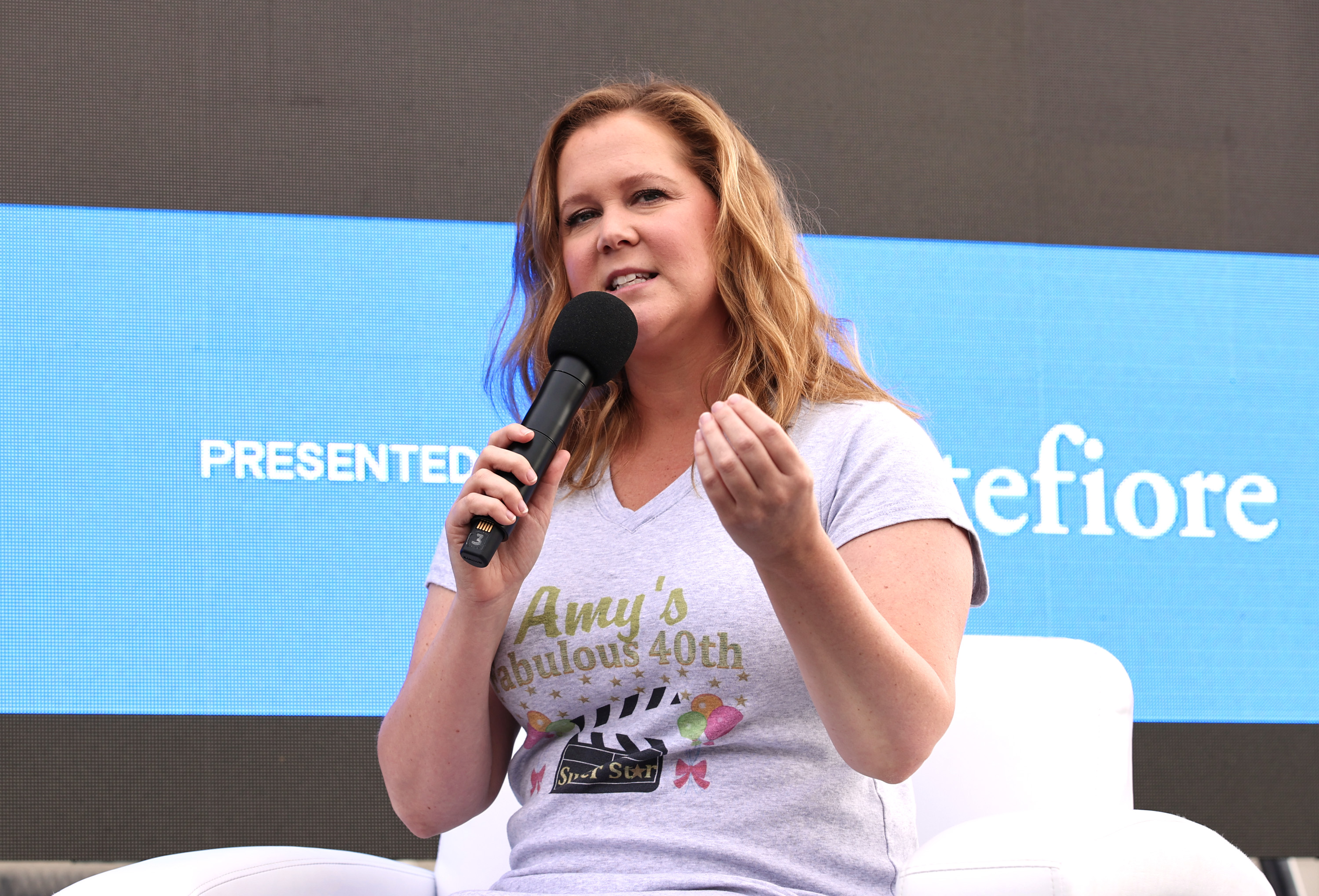New smartphone apps and at-home devices can help women get pregnant, and, in some cases, limit the number of trips to the doctor’s office or lab.
Doctors say the field of reproductive medicine is adapting to meet people's changing needs during the pandemic.
"A lot of patients could not access these technologies in our offices. So they came up with issues with different procedures that they could do at home," Dr. Rafat Abbasi, a physician at Columbia Fertility Associates, told News4.
Abbasi said she’s seen a surge of patients freezing their eggs during COVID with companies like Apple, Facebook and Google even footing the bill for their employees.
"Because of COVID, a lot of patients actually said, you know, we've lost a year and a half of our lives. We haven't met anybody. We don't know what's going to happen in the future. I want to freeze my eggs," she said.
Others who don't want to wait and chose to invest in at-home monitoring devices to get pregnant.
AVA is an FDA-approved fertility tracker that you wear while you sleep to track hormonal changes and identify fertile days with up to 90% accuracy.
The Inito device is also backed by science. It tracks ovulation through a smartphone app.
"You just snap it into your phone and that’s it. You get your results in five minutes," Co-Founder of Inito Aayush Rai said.
The makers of Inito say the device can identify up to six fertile days in a woman’s cycle by measuring estrogen and luteinizing levels. It goes one step further than traditional ovulation tests by measuring progesterone to confirm you actually ovulated.
Abbasi says smart fertility devices can save people time and money, helping some women get pregnant without expensive treatments and regular trips to the doctor’s office or lab. But they’re not for everyone.
"For women who have regular, repetitive cycles, this is a good technology to have because it saves you the wear and tear of going to the physician's office all the time," she said.
The Inito fertility tracker costs $150, and the AVA wearable device is about $260.
Mobile clinics also offer ultrasounds from the comfort of home.
There are a lot of different products on the market, and it’s important to talk with your doctor before trying one out.
Abbasi said ovulation test kits aren’t ideal for women with polycystic ovary syndrome, endometriosis or irregular cycles. Those women will likely need specialized care, but Abbasi said the apps and trackers can be a great first step.



